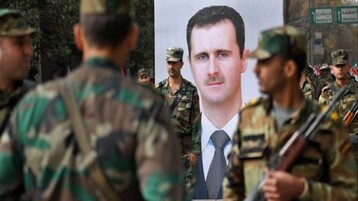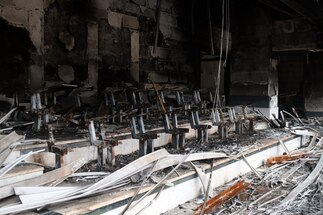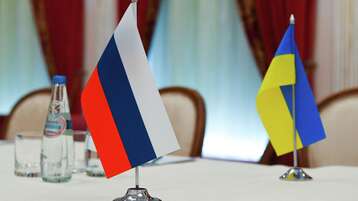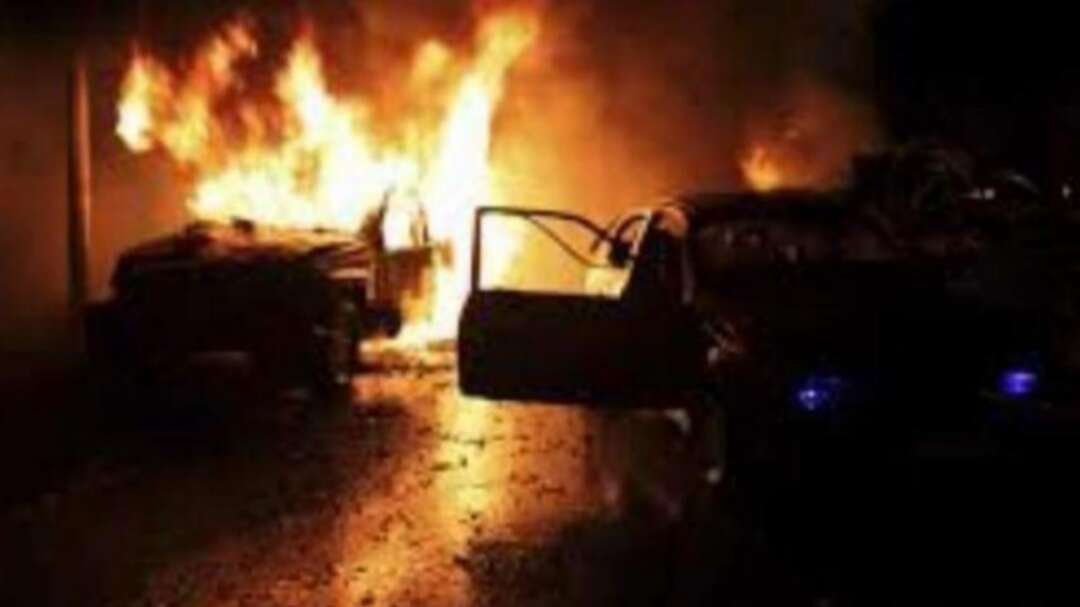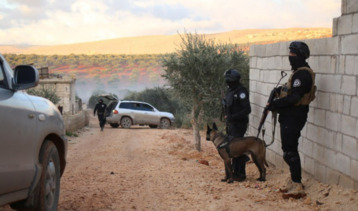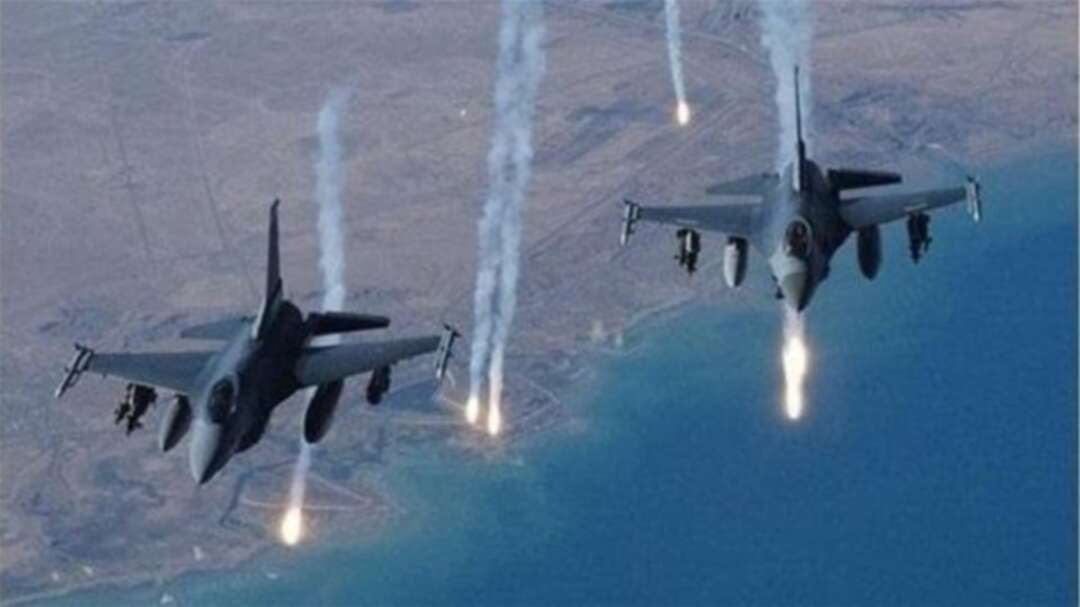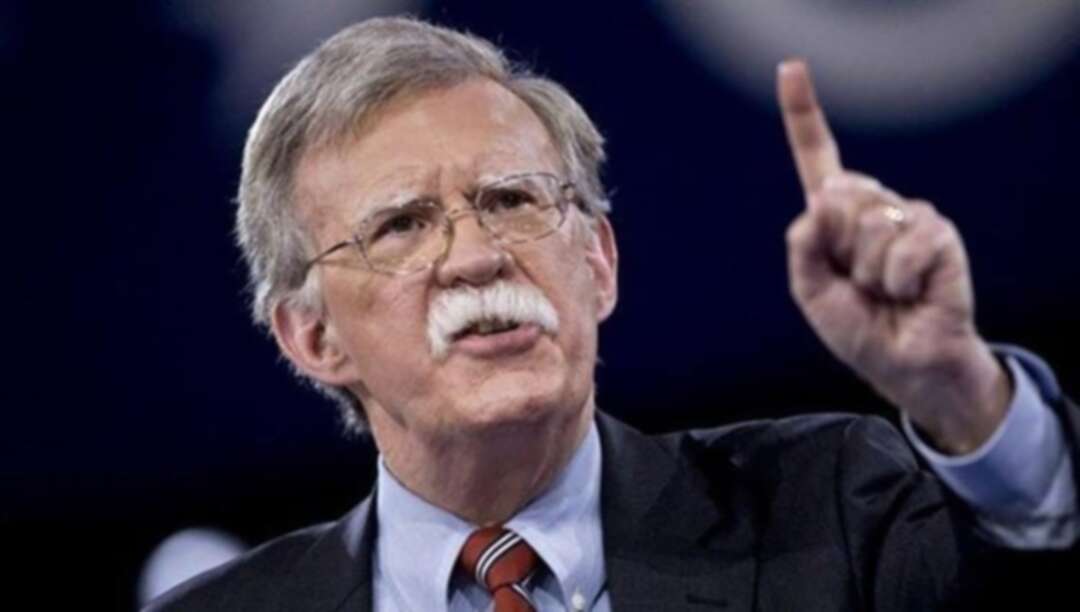-
Ukraine war, Iran deal, post-pandemic economic woes are the focus of Middle East summits
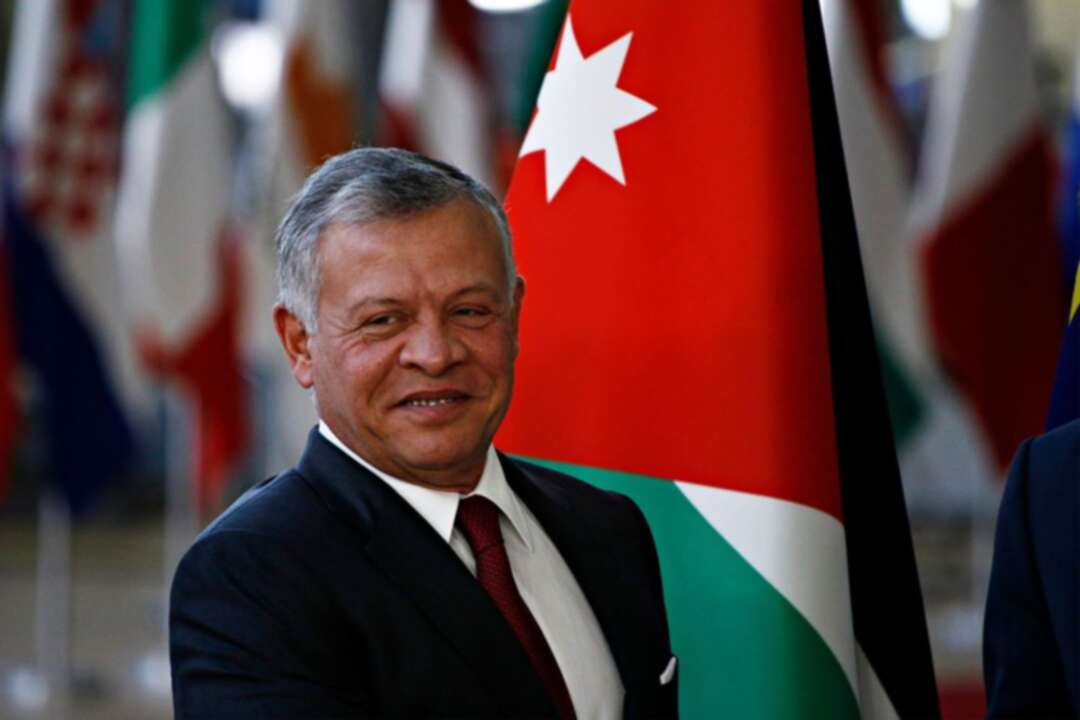
The Arab News reported, the Ukraine-Russia conflict, the possibility of an Iran deal in Vienna, and post-pandemic economic worries appear to be the discussion topics for several regional summits.
One is a four-way Iraqi, UAE, Egyptian, and Jordanian summit in Aqaba. Another is a foreign ministerial meeting in Israel with US Secretary of State Antony Blinken, and there is a three-way summit in the Egyptian resort of Sharm El-Sheikh to be attended by President Abdel Fattah El-Sisi, Israeli Prime Minister Naftali Bennett, and Abu Dhabi Crown Prince Mohammed bin Zayed.
Blinken travels to the Middle East and North Africa next week as the administration of US President Joe Biden tries to keep allies and partners united in opposition to Russia’s war in Ukraine.
Oraib Rantawi, director of the Amman-based Al-Quds Center for Political Studies, said the meetings were more about coordination and consultation than producing an agreement or signing a new covenant.
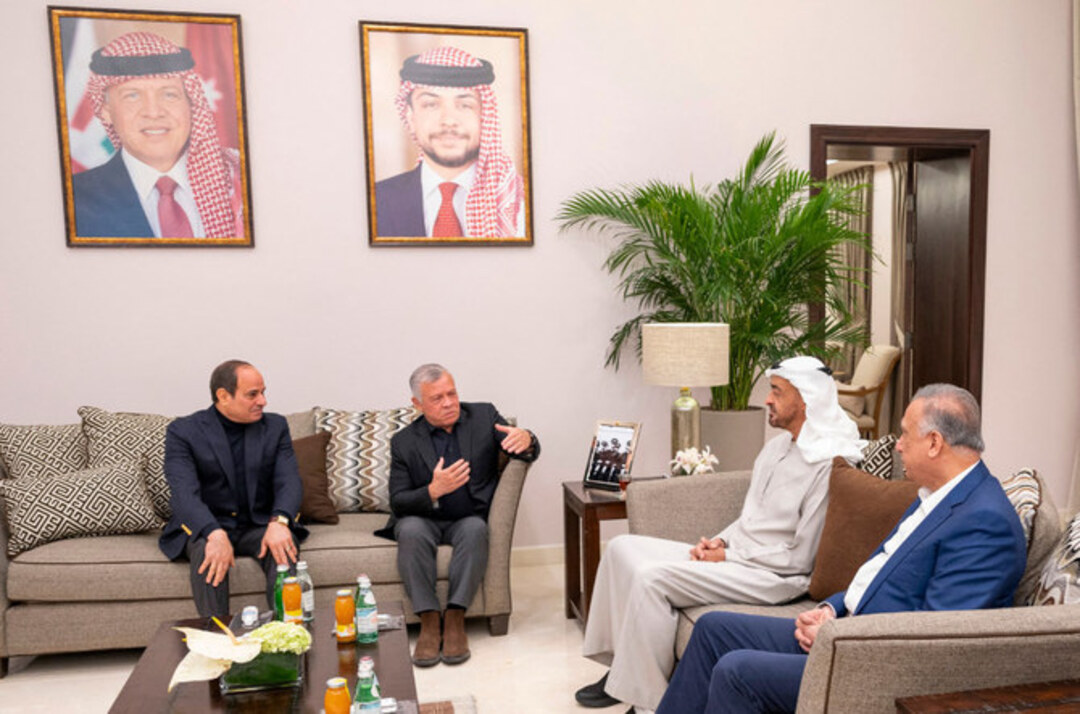
He told Arab News: “I think all these parties realize that we are approaching a critical stage due to the Ukrainian-Russia conflict as well as the possibility of a nuclear deal in Vienna."
Rantawi said that while all the parties who were meeting were strong US allies, they were unwilling to go as far as the US wanted them to go on the Ukraine war.
Prince Hamza apologizes to Jordan's King Abdullah over conspiracy to replace monarch
The political strategist believed the parties “want to consult and coordinate positions rather than reach a specific agreement.”
Jamil Nimri, a member of the Jordanian Senate and a leading figure in the efforts to create ruling political parties in the country, agreed that Iran and Ukraine were the two key elements during the current high-level consultations.
He told Arab News: “What we are seeing is a political movement that is not in the traditional way."
The high-level meetings might also be connected to post-pandemic economic difficulties and the fear of disruption in food and energy costs.
Outrage as Iran’s Revolutionary Guard Corps display weapons at defense show in Qatar
Nimri said Egypt was facing economic problems, and that the conflict in Ukraine threatened to affect the supply of wheat from both Russia and Ukraine as well as a sharp rise in energy costs for oil-consuming countries.
Rantawi said food and energy were becoming “part of national security” for many Arab countries, and that the region was on edge and could blow up from a spark from one place or another.
“It is unusual that with all the problems of Ukraine both the US secretary of state and King Abdullah have decided to visit Ramallah,” he said, adding the concern was about reverberations spreading to many countries if things blew up at Al-Aqsa Mosque.
Jordan’s king and queen receive 2022 Zayed Award for Human Fraternity in Abu Dhabi
“We rarely see the king go to Ramallah or a senior US official visit the occupied Palestinian areas. They all know that the spark from Al-Aqsa could have a domino effect on the region that brings back memories of the Arab Spring.”
The various high-level meetings appear to have a strong Gulf influence, with the UAE leadership present in almost every meeting, reflecting concern about the Iran agreement and the effects of the polarization coming out of Ukraine.
Source: arabnews
You May Also Like
Popular Posts
Caricature
Syrians' concerns now
- December 10, 2024
Syrians' concerns now #Syria
#Bashar_al-Assad
#Liberation_of_Syria
#Syrians
#Future_of_Syria
#Levant_News

opinion
Report
ads
Newsletter
Subscribe to our mailing list to get the new updates!


